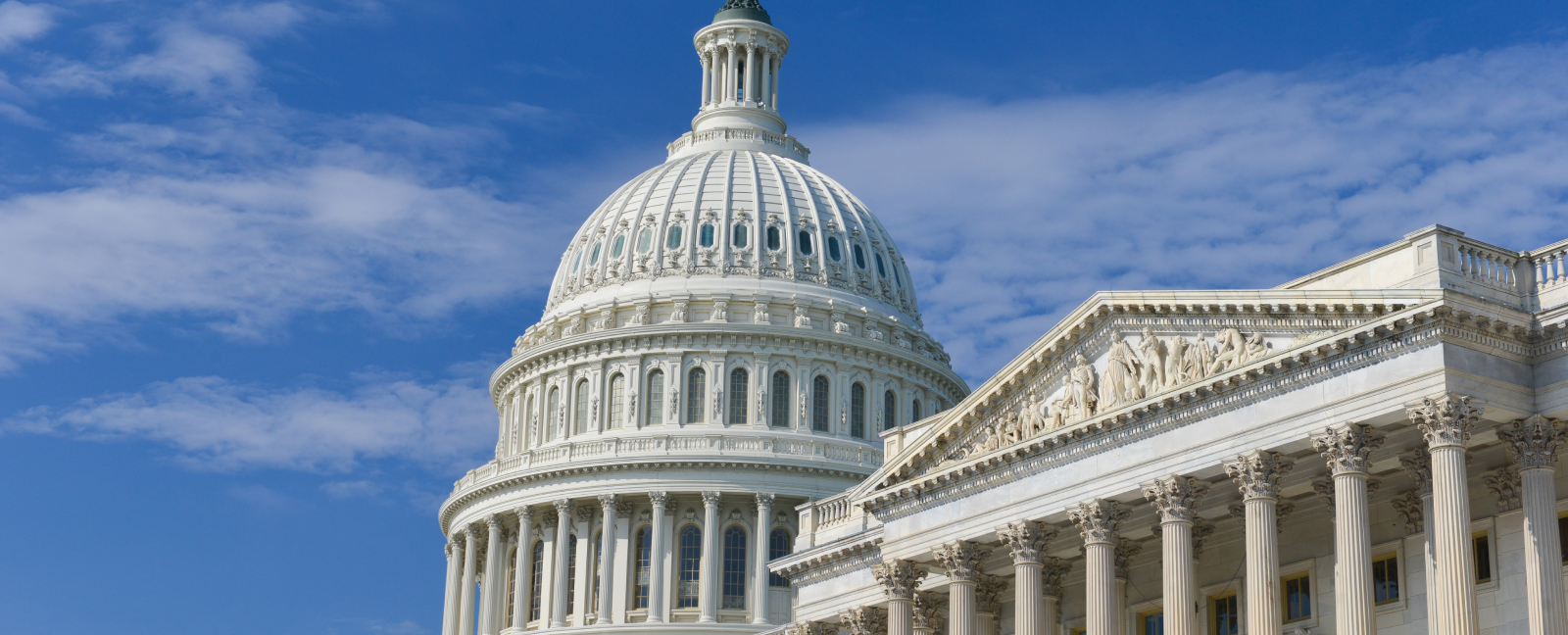
The Governance Tempest: A Tale of Order and Chaos
It is a narrative as old as the ages. A battle that has been fought countless times. A tale of human nature facing its inner demons. At the core of this struggle lies the concept of corporate governance.
The proposition seems straightforward and evident: The best interests of society are better served when all the stakeholders’ matters are balanced under the tenets of transparency, fairness, equity, equality, responsibility, accountability, and independence. After all, who would want to be on the receiving end of a deal that contradicts these principles?
The better question would be: What would you do if you had the chance to be the ultimate beneficiary of a system that prioritizes your interests above everyone else’s? Philosophers, ethics advocates, and religious icons have pondered that conundrum for centuries. Nay, millennia.
If heuristics are any indicator, the answer to this dilemma may appear obvious. The prevalence of wars, crimes, corporate scandals, frauds, scams, occupation, racism, discrimination, human-induced environmental disasters, and corruption in our societies indicates that if given a chance, one can always bet on people being people. They have done so since day one without fail.
Yet again, to humanity’s most significant advantage, there has always been an equally instrumental force, an army of global “influencers” upholding the highest principles of ethics and governance. Those have always balanced the scales of evil and influenced a reversion to normality allowing people to thrive and evolve despite the malevolent intentions many individuals fall prey to. Because of their unwavering beliefs, society can boast corporate success stories, innovation, evolvement, peace, virtue, authenticity, sincerity, inclusion, tolerance, diversity, leisure, sustainability, and integrity.
Although it has been proven time and time again that the absence of corporate governance can only yield a resounding negative net impact on society, it has been impossible (so far) to incentivize all stakeholders to sacrifice short-termism, greed, fear, envy, and blind ambition for the “greater good of all.” Mainly, and more to the point, does this thing even exist?
Until the AI-rule-based algorithms take over, that struggle will keep shaping our lives and those of our children and their descendants. But then again: Is it possible to have a bias-free ecosystem? Or will the algos share our own biases through their supervision of our behaviors? And If we strip the decision-making activity from all that makes us humans, do we even want to be part of such a society?
Related Blogs

Moral Hazard: Why Actions Have Consequences
“There's a big difference between small companies failing and big companies failing. When small companies fail, it’s their problem. When big companies fail, it's everyone's problem”. Truer words have never bee...
